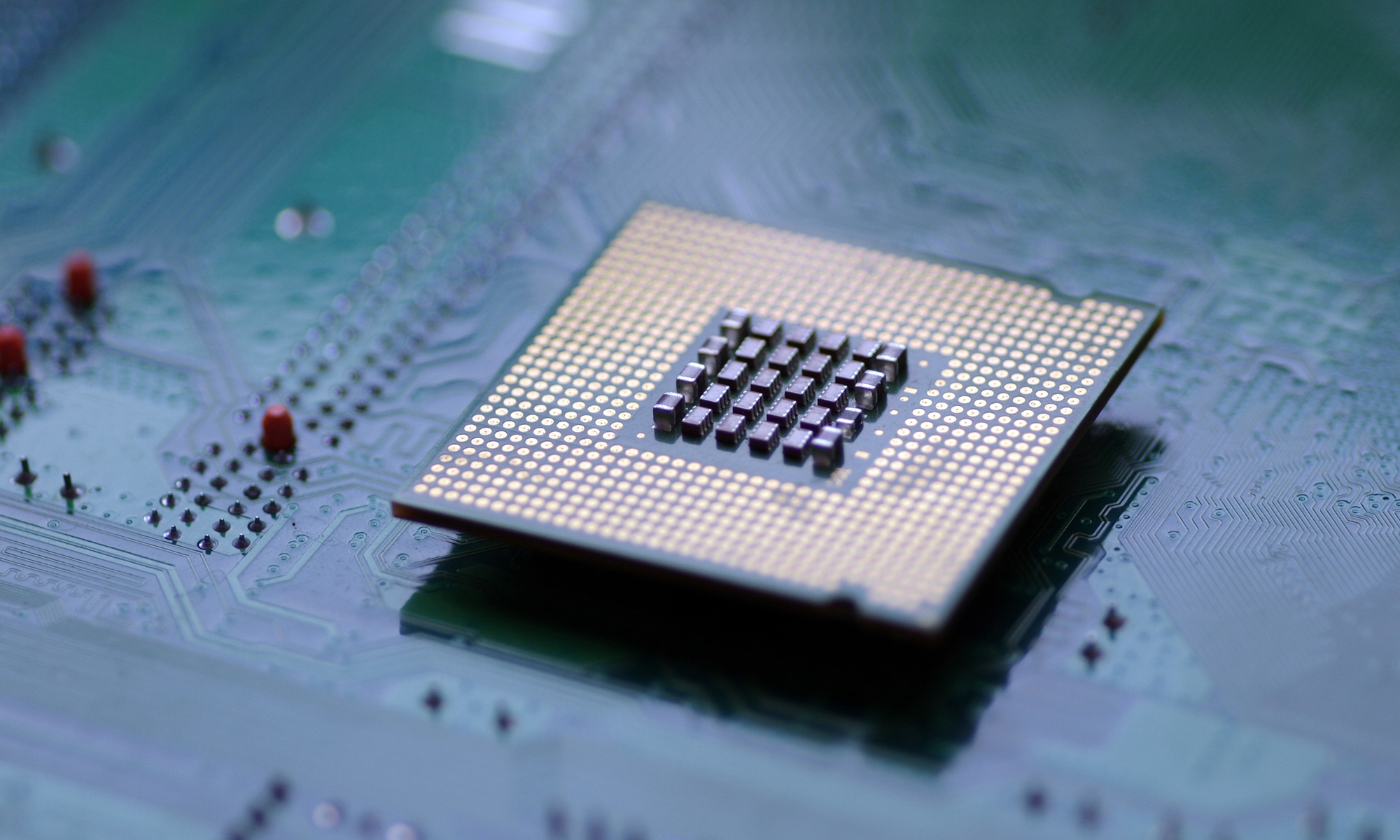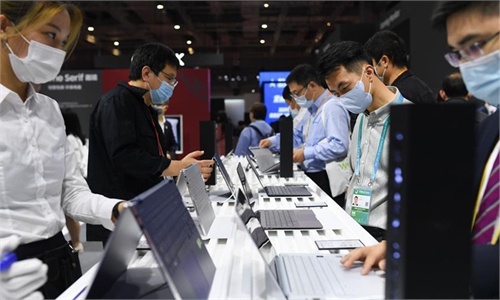
Photo:VCG
The US' sweeping semiconductor export restrictions targeting China last October and its reported agreement with the Netherlands and Japan in January have caused an impact on businesses in these countries, and the shockwaves are increasingly being felt by companies in other European countries. Some German companies face potential heavy losses, German media outlets said.
If Dutch company ASML's sales in China fall due to the US export ban, German suppliers for ASML - Zeiss and Trumpf - would also suffer losses. Infineon, Germany's largest semiconductor manufacturer, whose businesses in China recently achieved 38 percent of its total sales - will also potentially be affected by US restrictions, German newspaper Junge Welt reported on Monday.
As reported by the German media, the indirect impact of the US semiconductor ban is spreading to more European countries that have mutually beneficial economic and trade cooperation with China. If Europe cannot resist the lobbying and pressure of the US, the semiconductor industry in European countries will probably suffer.
After coercing the Netherlands to reach an agreement that reportedly bars some shipments of the country's most high-tech machinery to China, the US is stepping up its pressure on other European countries. This is a major challenge currently facing the EU. European countries should resist the US and actively protect the interests of their own companies.
Europe knows well that the US' attempt to coerce Europe to suppress China in the semiconductor field is entirely a geopolitical calculation. It is based on the interests of the US and will harm the interests of European countries. In another report on Monday, Junge Welt said that the US' semiconductor restrictions will bring serious losses for businesses. The global economy is facing new crises caused by Washington's "Silicon Iron Curtain."
Expanding cooperation with China in the semiconductor field, rather than following the US' decoupling approach, would be beneficial for the European economy. Two years ago, China's semiconductor industry caught up with Europe, accounting for nearly 10 percent of the global market, and it could reach 17 percent next year, media reported citing the Semiconductor Industry Association (SIA). According to industry forecasts, by 2027, the market size of China's semiconductor sector is expected to reach $445.3 billion, which would offer a great opportunity for EU businesses amid US "decoupling."
Against the background of the US' intensifying tech war against China and the uncertain prospects of globalization, the EU's economic and trade cooperation policy with China may face adjustments. It is understandable that the stance of different EU members may vary widely on specific issues. However, European countries are generally unwilling to pay the huge costs of "decoupling" from China because it harms their interests. On the US' chip export restrictions, Europe should increase coordination and have a stronger collective voice. The outlook for the semiconductor sector in European countries depends on the current policy direction in Europe. China will continue to expand mutually beneficial cooperation with other countries in the semiconductor field, so if European policymakers can clearly realize the divergence of interests between the semiconductor industry and the US and firmly maintain policy independence, European semiconductor companies will benefit from China's progress in the sector.
The author is a reporter with the Global Times. bizopinion@globaltimes.com.cn



